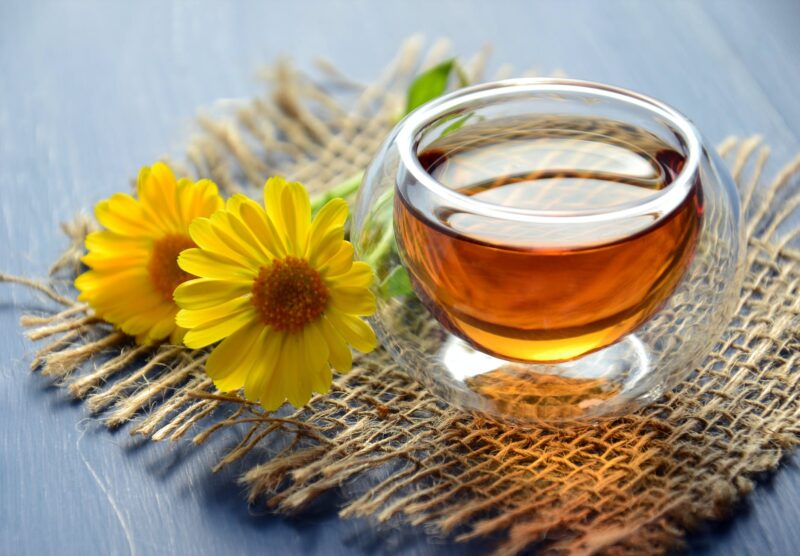In tribute to bees, buying local, and good health.
Ultimately, our survival on this planet depends on community, cooperation, and caring. It’s critically important to understand that these “3Cs” encompass beneficial interaction among more than human beings.
Nowhere is this more evident than the case of bees. A February 2013 article in the Smithsonian Magazine notes, “Insect pollination is crucial for the healthy development of our favorite foods, from apples and avocados to cucumbers and onions. Of the 100 crop species that provide 90 percent of the global population’s food, nearly three-quarters rely on pollination by bees.”
Take a walk on the wild side
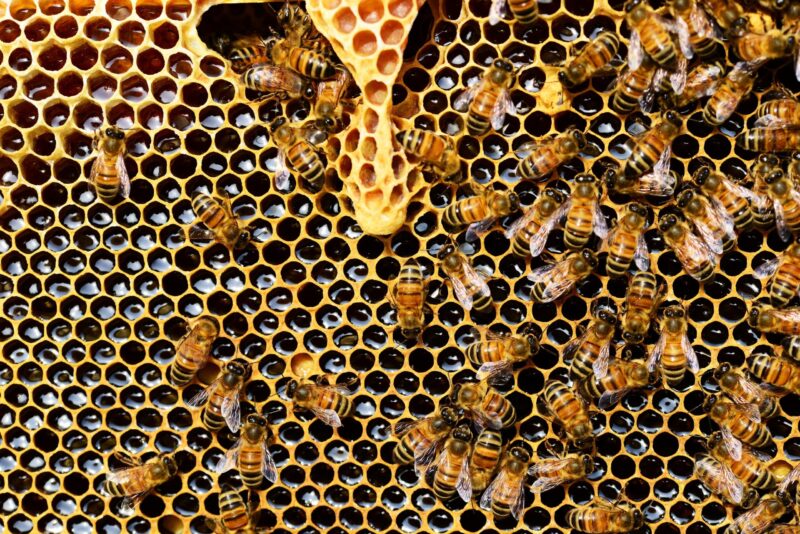
Today, very few honeybees exist in the wild. If you are lucky enough to have a chance encounter with a honeybee, they have likely been given a home by a beekeeper. The primary purpose of keeping bees is to provide pollination services for crops that depend on bees to flourish.
Without bees, we go hungry. The least we can do in return is help them survive. According to a recent article from Temple University, “Honeybees are an essential part of our ecological sustainability. Honeybees, however, are disappearing at an alarming rate. One way to help honey bees make a comeback is through ‘backyard beekeeping,’ according to apiculture educator and master beekeeper Dr. Vincent Aloyo…”
Pollination is critical, but honey is also delicious and good for health

The use of honey as a remedy has been consistent throughout history. Honey is one of the oldest known antibiotics, that traces back to the time of Cleopatra. Ancient Egyptians used honey as an antibiotic and as a skin beautifier (ie Cleopatra’s milk and honey baths). More recently, science has proven the role of honey to everything from wound care to immunotherapy and even as treatment of arthritis.
With bees and conscientious beekeeping, a whole world of buying local opens up—along with pathways to improved wellness given the healing and nutritionally healthful properties of products produced in cooperation with bees. From this premise, beekeeping, honey, and health-conscious products combine for a winning formula.
Honey is delicious and nutritious and beneficial inside and out
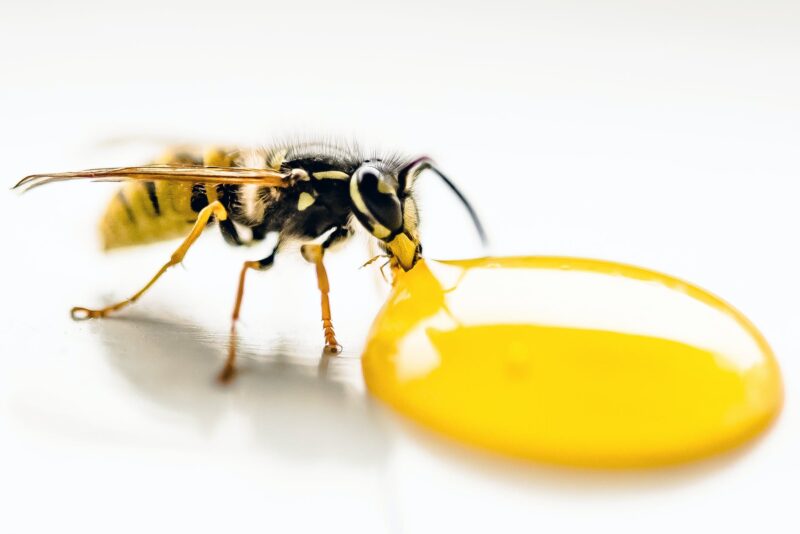
You may wonder how there could be any benefit to the body from a sweetener, but honey from Waxing Kara is not just your average sweetener. Sure it can sweeten your tea and your baked goods but it also provides other goodness both inside and outside of the body.
In Baked Goods
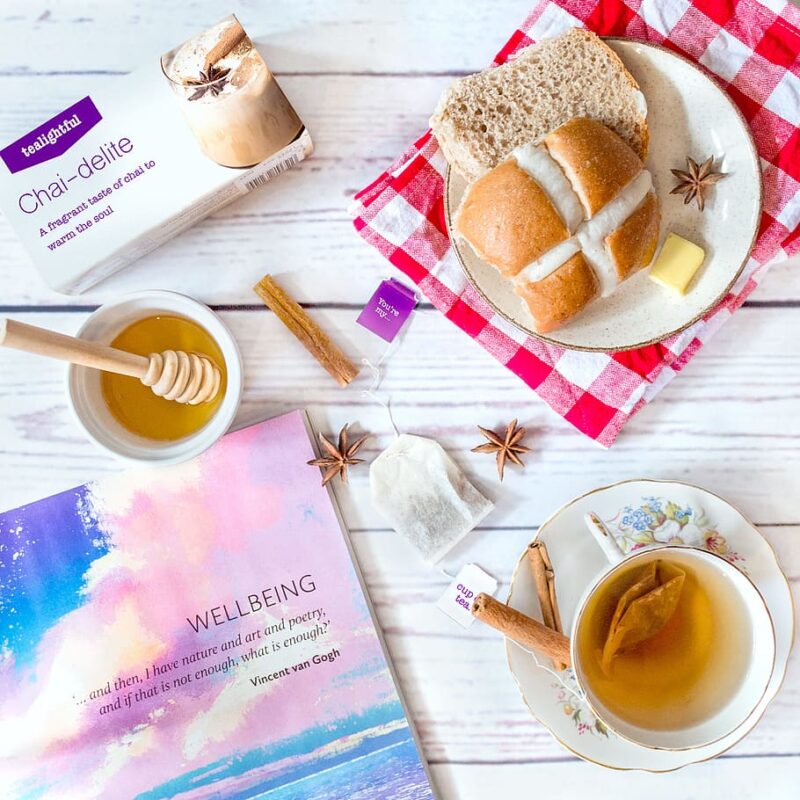
Sweeter than sugar, using honey in baked goods can reduce the total amount of sugar used by 25%. The truth is most old-fashioned recipes call for too much sugar anyway. You should try using less sugar in your diet for good health. When using honey in exchange for sugar, you can swap up to one cup of sugar for honey, if the recipe calls for more than that, try only using one cup of honey and see how you do. Experts suggest that you may want to add a tablespoon of baking soda to cut down on moisture that honey also brings to the recipe.
For Immunotherapy

Honey helps with allergies and may be used to strengthen the immune system. Honey also contains prebiotics and probiotics that make it a precious medicinal and nutritional resource. Besides coating the throat, when taken consistently (about a tablespoon twice a day) REAL raw honey can help you fight seasonal allergies. It won’t cure seasonal allergies but it helps with easing symptoms without using a lot of medications. You can also reach for honey when you are suffering symptoms of cough and cold. It won’t heal you, it will however soothe your symptoms and make you a little more comfortable while your body heals itself.
For Skincare
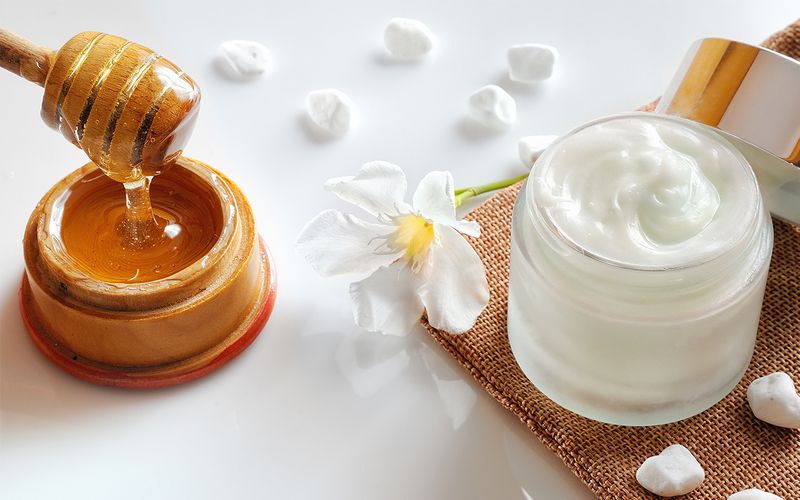
Honey is rich with all sorts of vitamins, amino acids, minerals, phytonutrients. Expect excellent results when using honey on the skin. Skip all the chemical-laden cleansers at the grocery store! When honey is used directly on skin, especially crystallized honey your skin benefits from mild exfoliation while also being cleansed with a naturally anti-bacterial solution directly from plants.
Lessons Learned regarding community, cooperation, caring vis a vis the bees
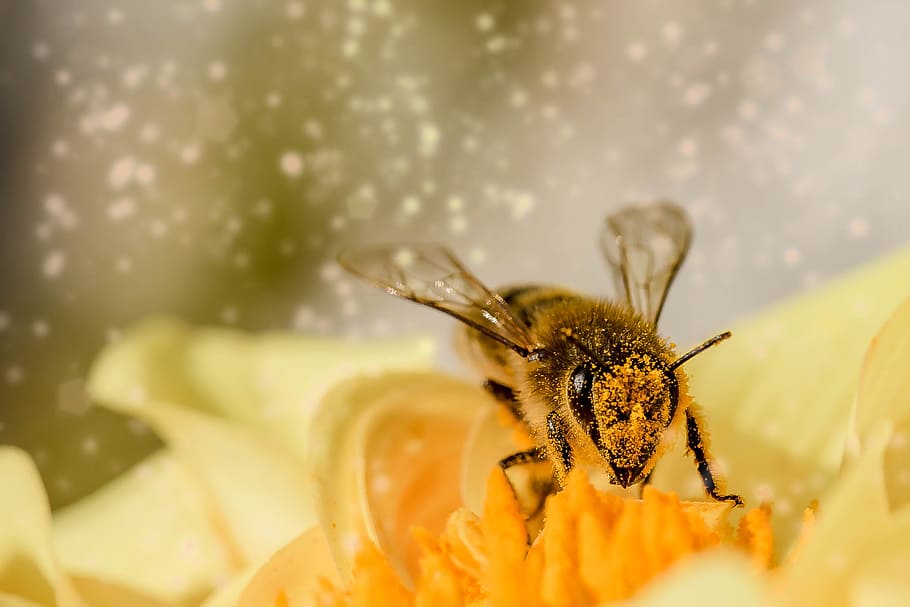
Reap what you sow.
Pollination is a reciprocal relationship in nature between pollinators and flowers needing pollination, where the male and female parts of plants are introduced and combined by a third party. In this instance, the mighty honeybee is the much-needed intermediary. The beekeeper either offers pollination services to feed the bees and provides this service to nature. The beekeeper must select a region of pollen and nectar-rich-pesticide-free landscape so that bees may eat well.
Going loco for local.
The movement to buy local products is rapidly gaining popularity and influence. In return to community-centric living, local food producers are in strong demand at retail stores, and providing farmers’ market experiences at the local grocery store is now required. This movement made locally grown and produced honey more popular than the non-local mass-produced stuff that had perennially populated store shelves. As stories spread about the poisonous effects of genetically-modified food, people have returned to basics—pure, unadulterated, whole, natural foods.
Breaking out in hives
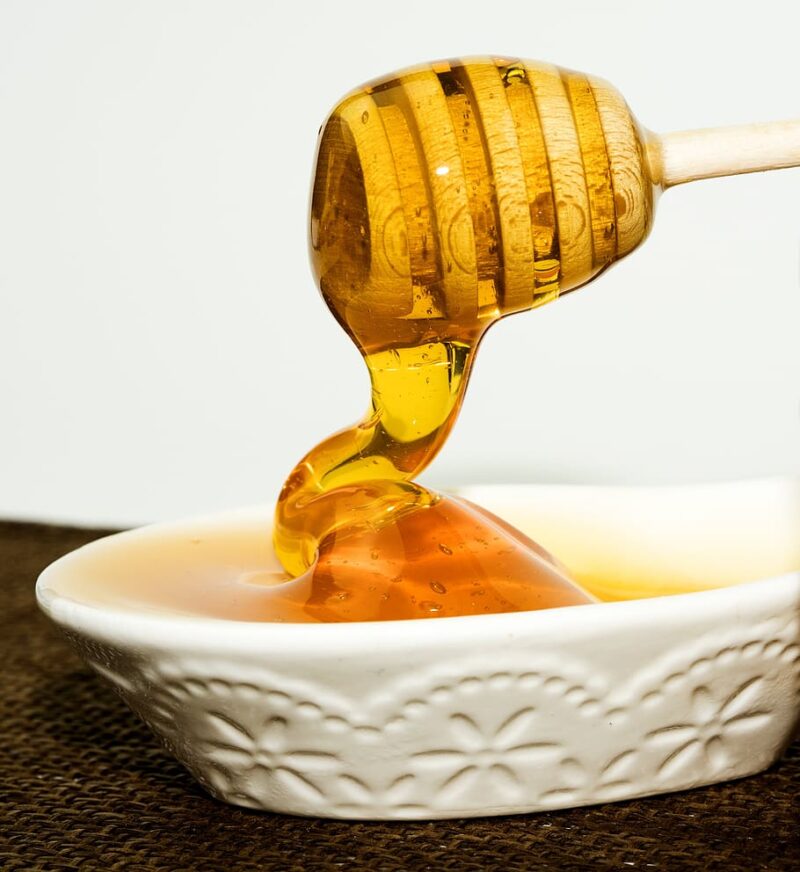
The more healthy hives we can tend, the better it is for the bees and us. Specific and non-specific maladies have decimated colonies for years, to combat these maladies, research is necessary. Chemical pesticides—now being implicated in the honeybee proliferation—are counterproductive to bee health as well as the quality of the product itself. We must band together in our communities to educate and remove harmful pesticides from our gardens.
Now that specialty food producers have gone from having a toehold to a foothold in the local marketplace, there is a real return to growing local, buying local, and consuming real food—not chemical-laden substitutes.
If we want our bees to thrive and our health to improve, we’ve got to make a concerted worldwide effort to eliminate the toxins poisoning our planet, right along with the natural enemies of our most important of friends, the honeybees.
##


